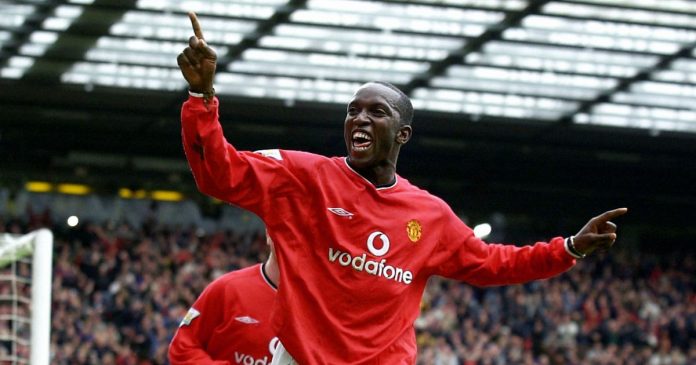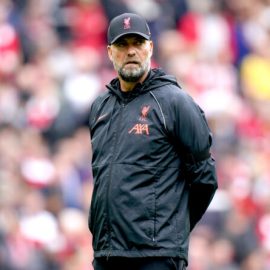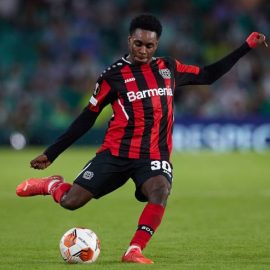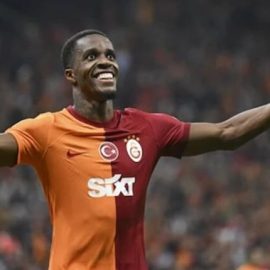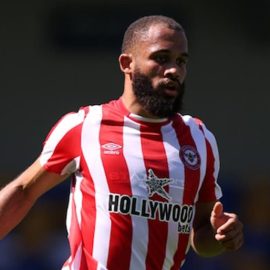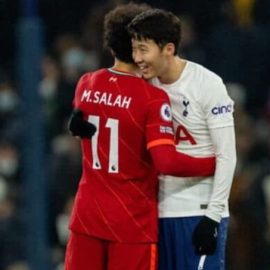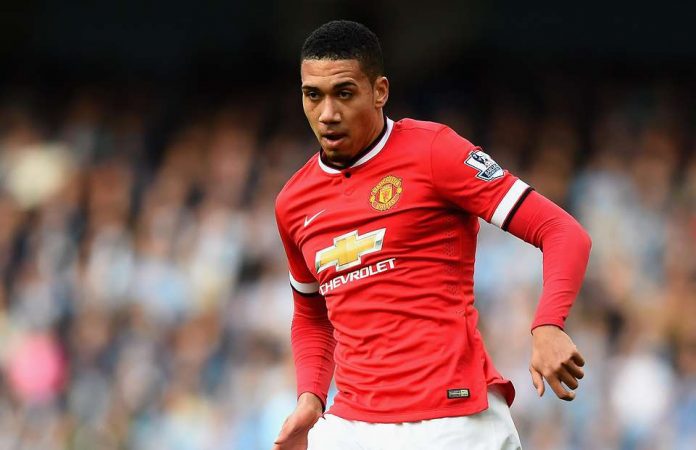
The reasons behind his two yellow cards, though, were perhaps an indication of the state of Smalling’s career; his first yellow a result of foolishly impeding on Joe Hart’s kick while a second was awarded for recklessly challenging Sergio Aguero for the ball in a position which posed no particular threat with full knowledge that he had been cautioned earlier.
“The sending-off isn’t ‘one of those things.’ As a player you have to control your aggression,” Van Gaal said. “You know as a player you have a yellow and you can’t do what he did for the second one. That is logical. The second yellow card was stupid.” In essence, Smalling’s lack of discipline cost the Red Devils a derby win.
But the fact was, the match was winnable against a lacklustre Manchester City side who, once again, heavily relied on the genius of Sergio Aguero as the loss ensured that United slumped down toe 10th place with just 13 points from 10 games. Smalling, though, would bounce back in underrated, yet emphatic, fashion, a way which has come to characterise his career thus far.
While most, nowadays, are products of the youth systems of Premier League powerhouses, Smalling a crucial part of his teenage development at Maidstone United, a club which went bankrupt back in 1992 before being forced to restart in the pub leagues. By the time he joined the club, he was 16 and the outfit plied its trade in ninth tier division, and when he made his first team debut, Maidstone were competing in the seventh tier semi-professional league. The talent, and the dream, was there, Smalling would say, but it was often unrealistic. Indeed, there was no way the club, which had just managed to scramble itself out of bankruptcy, had the knowledge and the resources to develop a talent like Smalling into a Premier League standard centre-back, let alone an England international.
What makes his rise so remarkable is the fact that having only for his junior club 12 times, he was quickly snapped up by Fulham for 20,000k before being bought by Manchester United for 7 million pounds after featuring in just one Premier League outing.
And in many ways, Smalling had to pay for his lack of experience. While most of his age were grew up playing in high-intensity situations on a weekly basis from a young age, Smalling didn’t. He was prone to lapses in concentration and that, if anything, severely hampered his development. Nevertheless, since the turn of the New Year, the 25-year-old has proven himself to be the Premier League’s most consistent performer
Take his performance against Arsenal, for instance, where he virtually man-marked the pacey Theo Walcott throughout. And he did so in-style, containing him for much of the match, reading and anticipating every move as well as winning clean tackles in a performance which undoubtedly highlighted his importance in a defensive back-line bereft of experience.
But in the midst of a challenging time at the club, which saw Rio Ferdinand, Nemanja Vidic and Patrice Evra all leave the club for pasture anew, Smalling stepped up. Having played as apprentices of arguably two of the finest defenders of their generation, the centre-half has provided stability whenever Phil Jones and Johnny Evans both underperformed, and has shown enough versatility to feature on the wings in the absence of the team’s usual fullbacks.
A year on from his dismal dismissal, Smalling has the opportunity to make amends for his erros once and for all. Coincidentally, the attacker who, indirectly, led to his dismissal, Sergio Aguero, will be missing through injury. Still, his task at reinforcing the defensive line will be no less easy against Wilfried Bony, who, in his seven Premier League appearances thus far, has scored two goals while assisting another two. Perhaps the absence of David Silva and the poor form of Yaya Toure of late will prove to be added relief.
Furthermore, though, given the inability of both Bastian Schweinsteiger and Morgan Schneiderlin to adequately fulfil their defensive duties, the onus will be on Smalling to step up. Failure to do so, could, once again, lead to disastrous consequence.
Alternatively, a starring performance could be all it takes to see him receive the plaudits he truly deserves. It may have taken his half a decade to completely fulfil his potential at Manchester United. In fact, it seems almost coincidental that it has taken so long. In an era where the Red Devils have been inconsistent on all fronts, Smalling presents himself as, perhaps, the only pure transition from the old guard. And in a season where Van Gaal’s men will be yearning for silverware, his performance in the derby could go a long way into settling the fate of the side this season around.
Add Sportslens to your Google News Feed!
